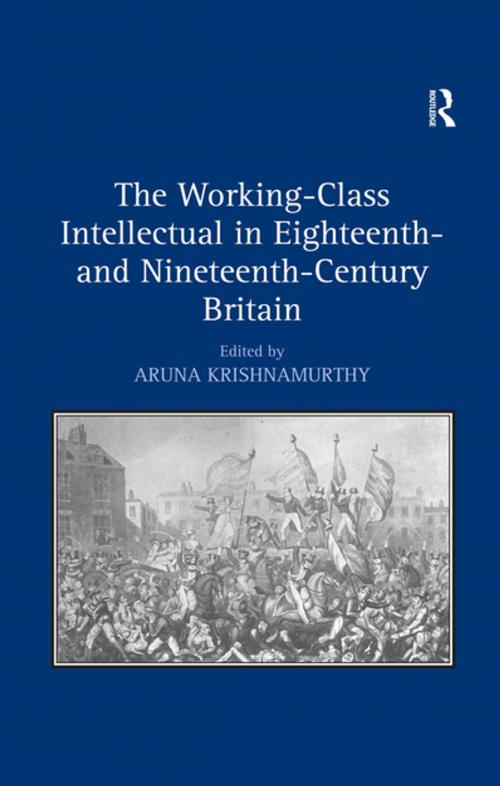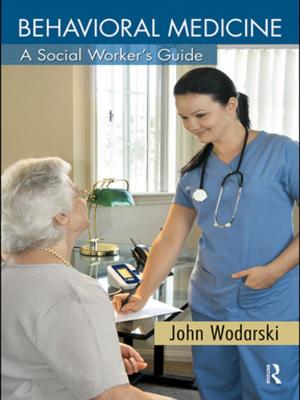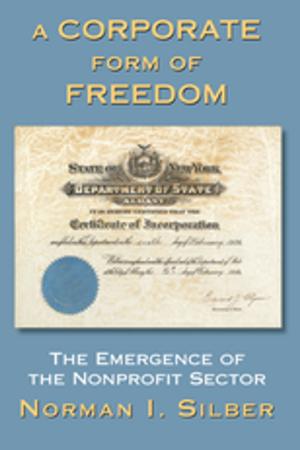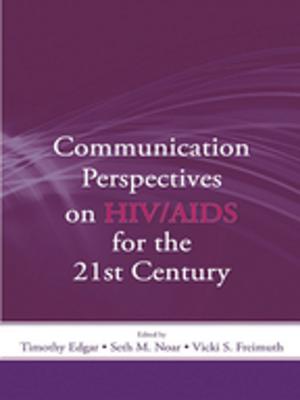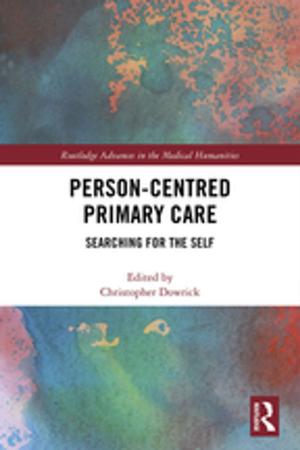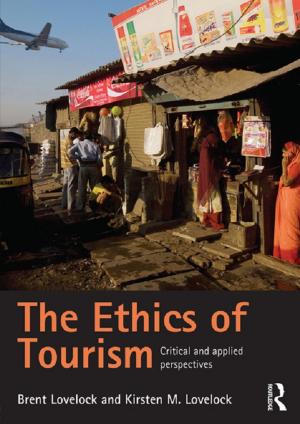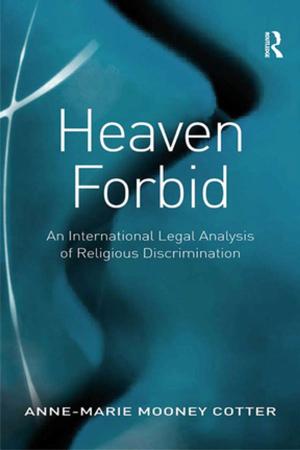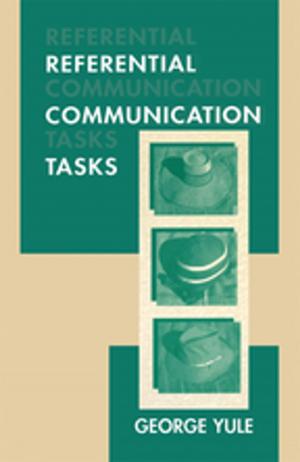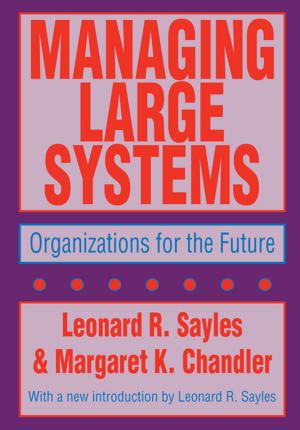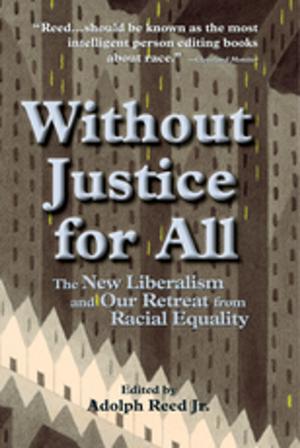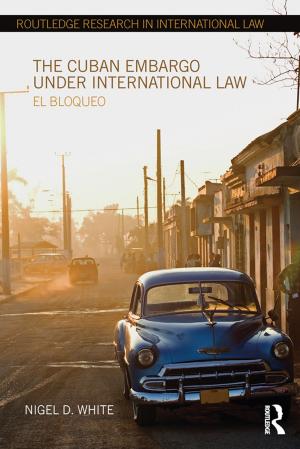The Working-Class Intellectual in Eighteenth- and Nineteenth-Century Britain
Fiction & Literature, Literary Theory & Criticism| Author: | ISBN: | 9781351880336 | |
| Publisher: | Taylor and Francis | Publication: | December 14, 2016 |
| Imprint: | Routledge | Language: | English |
| Author: | |
| ISBN: | 9781351880336 |
| Publisher: | Taylor and Francis |
| Publication: | December 14, 2016 |
| Imprint: | Routledge |
| Language: | English |
In Britain, the period that stretches from the middle of the eighteenth century to the mid-nineteenth century marks the emergence of the working classes, alongside and in response to the development of the middle-class public sphere. This collection contributes to that scholarship by exploring the figure of the "working-class intellectual," who both assimilates the anti-authoritarian lexicon of the middle classes to create a new political and cultural identity, and revolutionizes it with the subversive energy of class hostility. Through considering a broad range of writings across key moments of working-class self-expression, the essays reevaluate a host of familiar writers such as Robert Burns, John Thelwall, Charles Dickens, Charles Kingsley, Ann Yearsley, and even Shakespeare, in terms of their role within a working-class constituency. The collection also breaks fresh ground in eighteenth- and nineteenth-century scholarship by shedding light on a number of unfamiliar and underrepresented figures, such as Alexander Somerville, Michael Faraday, and the singer Ned Corvan.
In Britain, the period that stretches from the middle of the eighteenth century to the mid-nineteenth century marks the emergence of the working classes, alongside and in response to the development of the middle-class public sphere. This collection contributes to that scholarship by exploring the figure of the "working-class intellectual," who both assimilates the anti-authoritarian lexicon of the middle classes to create a new political and cultural identity, and revolutionizes it with the subversive energy of class hostility. Through considering a broad range of writings across key moments of working-class self-expression, the essays reevaluate a host of familiar writers such as Robert Burns, John Thelwall, Charles Dickens, Charles Kingsley, Ann Yearsley, and even Shakespeare, in terms of their role within a working-class constituency. The collection also breaks fresh ground in eighteenth- and nineteenth-century scholarship by shedding light on a number of unfamiliar and underrepresented figures, such as Alexander Somerville, Michael Faraday, and the singer Ned Corvan.
